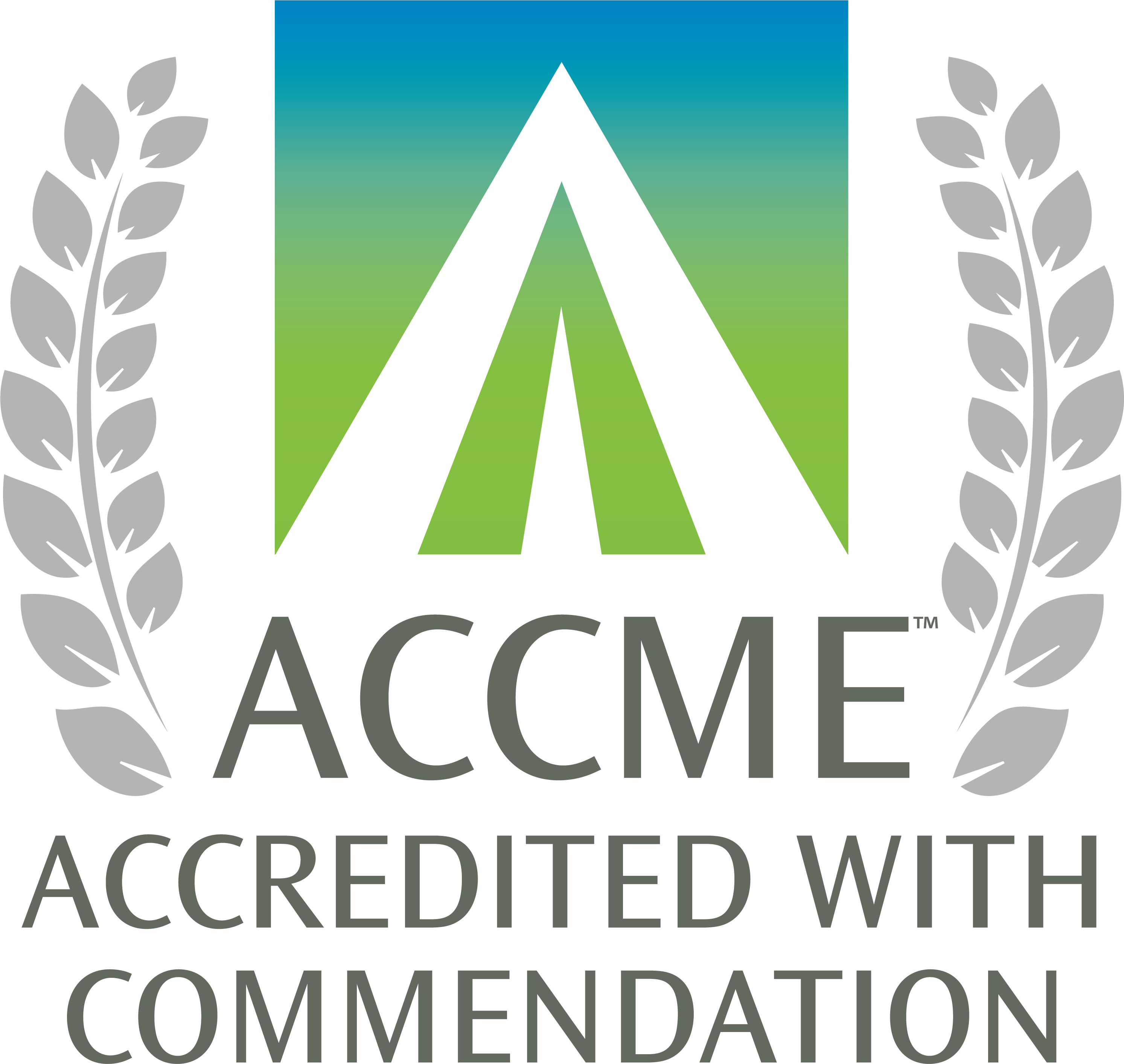FODMAP Module 06: Reviewing Your Patient | Implementing phase 2 - Challenge/Reintroduction Phase
To begin this activity, click Enroll. Once logged in, learners can access educational content, assessments, and evaluations. Learners who successfully complete the activity will be able to print a certificate.
Module 6:
Reviewing Your Patient | Implementing phase 2 - Challenge/Reintroduction Phase
Kirsten Jackson, RD
- Troubleshoot the low FODMAP diet if your patient is not experiencing symptom relief.
- Demonstrate understanding of “FODMAP stacking”, the combination of FODMAP containing foods.
- Identify the non FODMAP triggers – stress, fat, fibre, caffeine, capsaicin, carbonated drinks, meal size.
- Identify when is appropriate for a patient to stop the low FODMAP diet.
- Discuss rationale behind challenging FODMAPs including identifying triggers, nutritional adequacy, maintaining a diverse gut microbiome and social reasons.
- Implement different challenge schedules and approaches to the challenge phase.
- Identify appropriate challenge foods for each FODMAP group.
- Demonstrate understanding of the “wash out” period.
This activity has been planned and implemented in accordance with the accreditation requirements and policies of the Accreditation Council for Continuing Medical Education (ACCME) through the joint providership of the University of Michigan Medical School and GI Institute. The University of Michigan Medical School is accredited by the Accreditation Council for Continuing Medical Education (ACCME) to provide continuing medical education for physicians.
The University of Michigan Medical School designates this enduring material for a maximum of 1.00 AMA PRA Category 1 Credit(s) ™. Physicians should claim only the credit commensurate with the extent of their participation in the activity.
Palsson O, Whitehead W, Tornblom H, et al. Prevalence of Rome IV Functional Bowel Disorders Among Adults in the United States, Canada, and the United Kingdom
Gastroenterology 2020;158:1262–1273.
Chey WD, Eswaran S, Kurlander J. Management of Irritable Bowel Syndrome. JAMA 2015; 313(9):949-958.
Agarwal N, Spiegel B. . The Effect of Irritable Bowel Syndrome on Health-Related Quality of Life and Health Care Expenditures. Gastroenterol Clin North Am. 2011;40(1):11-19.
Gralnek IM, Hayes RD, Kilbourne A, et al. The impact of IBS on health-related quality of life. GASTROENTEROL 2000;119:654–660.
Whitehead WE, Palsson O, Jones KR. Systematic review of the comorbidity of irritable bowel syndrome with other disorders: what are the causes and implications?
Gastroenterology. 2002;122:1140-1156.
Levy RL, Olden KW, Naliboff B, et al. Psychosocial aspects of the functional gastrointestinal disorders. Gastroenterology. 2006;130:1447-1458.


